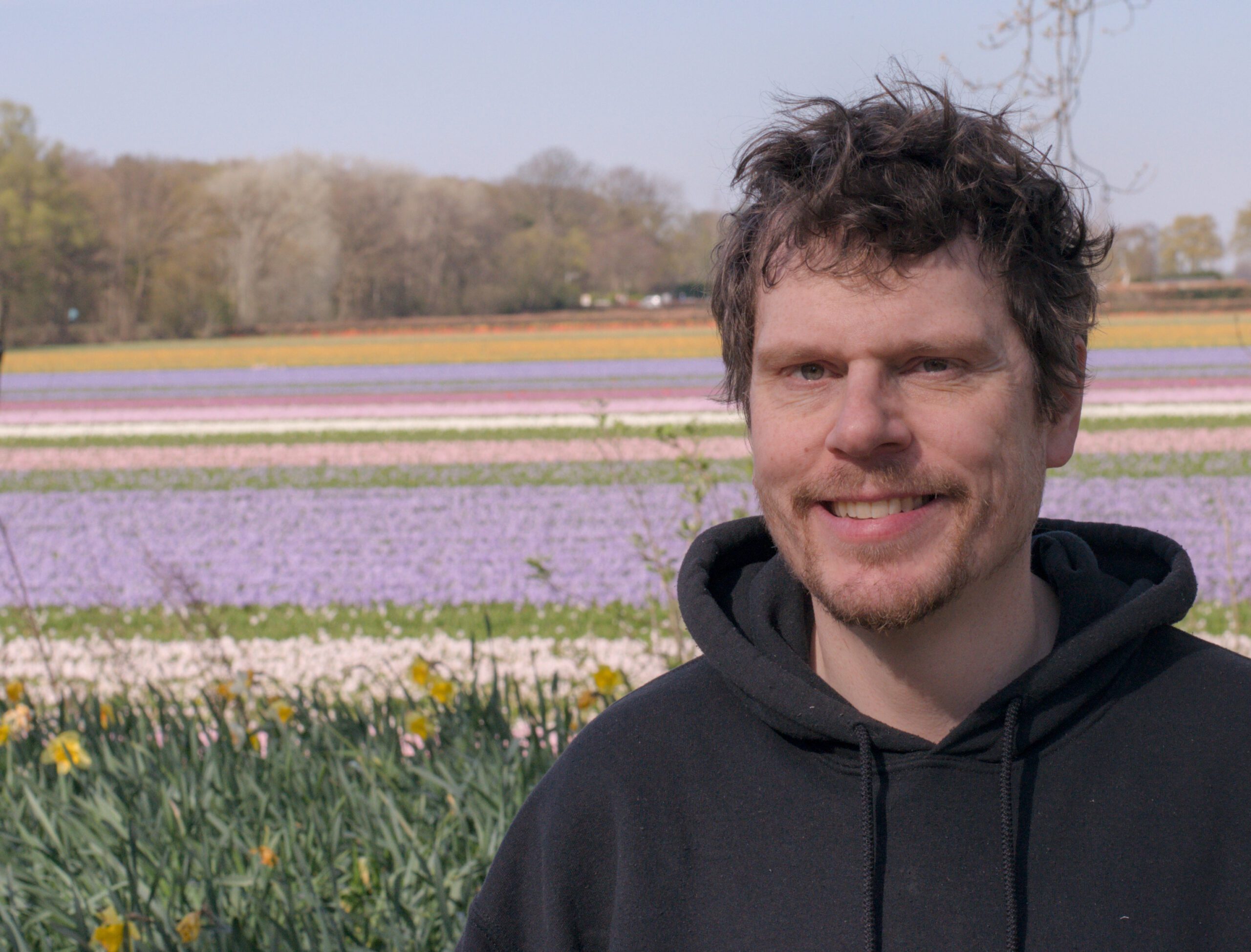Now that important academic data in the United States of America may disappear, a large group of European academics have started duplicating and sharing that data. Henrik Schönemann, the initiator, is even looking beyond this. “Universities must have digital sovereignty.”
SRC uses torrents, where you download files in pieces from multiple computers instead of from a single central website (Photo: Rob via Unsplash).
A historian working with a physicist? This may not be a regular occurrence, but it does happen at Safeguarding Research & Culture (SRC). Almost 200 European academics from a wide range of backgrounds are working in this group to save academic data that may disappear now that America’s President Trump has started his second term. The data includes decades of climate statistics as well as historic photos and newspapers.
To safeguard the various sources and make them easy to share, a 25 year old technology was taken out of the closet: Torrents.
‘This is an easy way to do something in a world of worrying developments’
“Look, it’s very simple.” Fredrik Jansson (Civil Engineering and Geosciences), a TU Delft academic and climate modeller, opens his laptop and goes to the SRC website. He points to an online manual. “This explains how you can help by asking that certain data be saved, for example, or by downloading data, arranging it, and then making it available through Torrents yourself.” Jansson does the latter.
His hard disc contains ‘a couple of terabytes’ of climate statistics from American institutions. These statistics are shared with SRC members and the rest of the world from his house in Amsterdam. “I heard about the SRC through Mastodon and thought that it was a good, easy way to do something in a world of worrying developments.”

Waiting list
The SRC was created on the initiative of historian and activist Henrik Schönemann of Humboldt University in Berlin. Schönemann: “Members duplicate and save data on their own initiative, but whistleblowers also come to us when data from their institutions is at risk.” Up to now, the group has saved about 117 terabytes of data and has created about 800 terabytes of storage space. “Some requests are on the waiting list as their associated data is really big. We then first have to check if we can host it, and if so, how we can best duplicate that data.”
SRC has created a protocol to make all the saved data clear, accessible and searchable. Jansson: “You are helped to do this step by step.” He makes the climate data that he saved and duplicated searchable in this way.
‘This shows that you have power as an individual too’
The SRC was started even before Trump took office. Schönemann: “I suspected that Trump would be reelected and just before his election I started helping academics save their pamphlets and manuals from the 1970s and ‘80s on safe spaces for homosexual Americans. They had saved them on GitHub, which is owned by the American Microsoft.”
After the elections, Schönemann sent a message on Mastodon explaining how academics could duplicate and save data. He got supporters and coders, chose Torrenting as the sharing system, and got even more support. Within just a few weeks, SRC had grown into a big, well-oiled machine.

SRC’s 200 members communicate with each other on a forum. Among the members are librarians, archivists, and historians as well as climate scientists, physicists, coders and network specialists. “People from a very wide range of disciplines are suddenly connected. This is one of the best things about it,” says Schönemann. He had never foreseen that he would collect so many different academics. “This shows that you have power as an individual too. We can’t stop Trump’s anti-science policy, but we’re not completely powerless.” Jansson shares this opinion. “Everyone can do something.”
Lack of transparency
SRC runs alongside initiatives like SURF ] that offers petabytes on servers to secure the most important scientific information. Academics at Dutch universities can submit requests to SURF to save information. At least one scientist at TU Delft has done this, ice cap researcher Tri Datta (CEG).
While Schönemann praises SURF’s efforts, he is also critical. “SURF is not transparent about what data it saves, since when and how. This makes it hard to check what data has been or has not been saved. This will make it hard for other academics in the future to use the saved data.” The historian considers the German PANGAEA much better at this. PANGAEA is clear about what information has been saved and since when.
Schönemann and Jansson do not see Trump as the only threat to academic information. They would like to see universities being less dependent on large corporations such as Microsoft and Amazon. Schönemann: “We have seen how Microsoft can deny access with just one push of a button. Universities must have digital sovereignty. This is the only way that we will always have a say about their academic information.”
- Would you like to contribute to Safeguarding Research & Culture? Click on this link to find out how. You can help by hosting data yourself, for example, or by telling other people about SRC.
- There is also another initiative focused on saving data: Data Rescue Project. Click here for the corresponding website.
Do you have a question or comment about this article?
a.m.debruijn@tudelft.nl


Comments are closed.